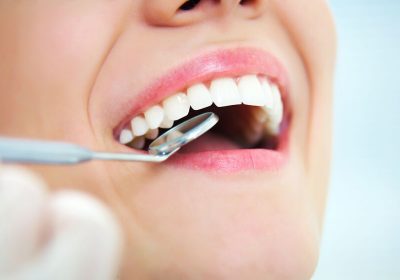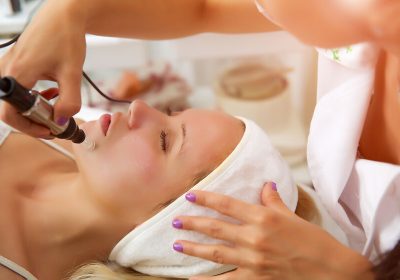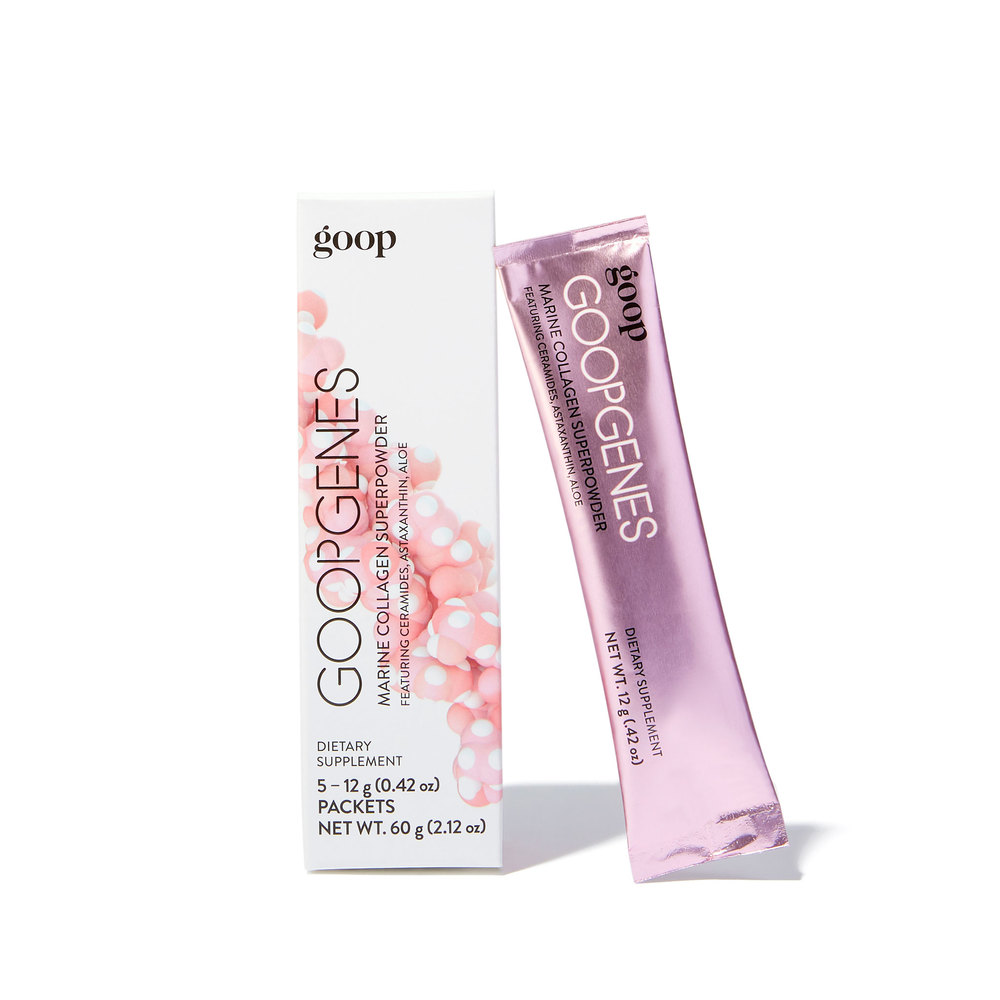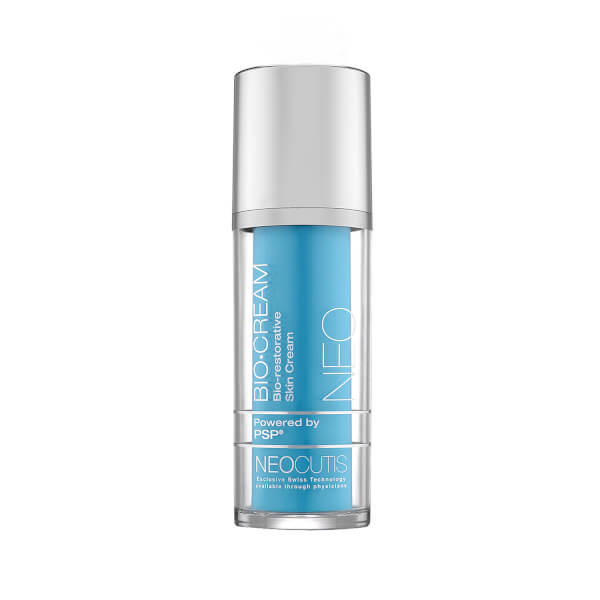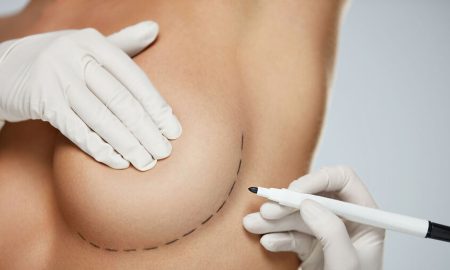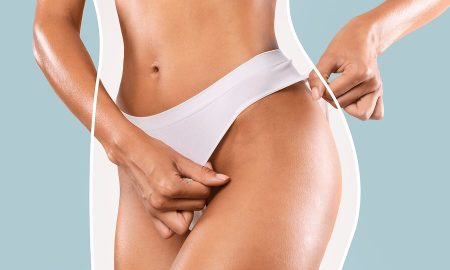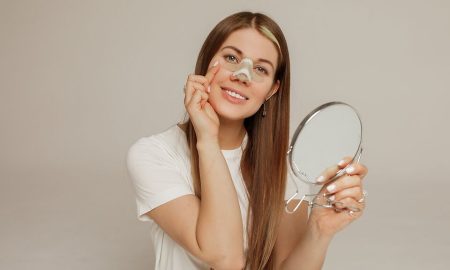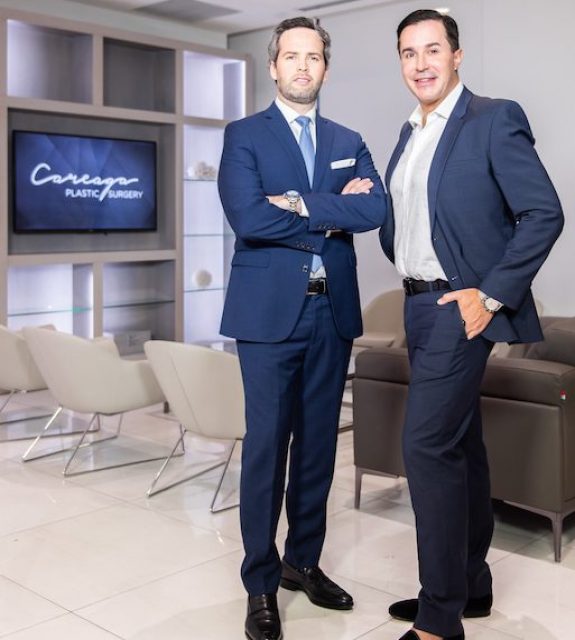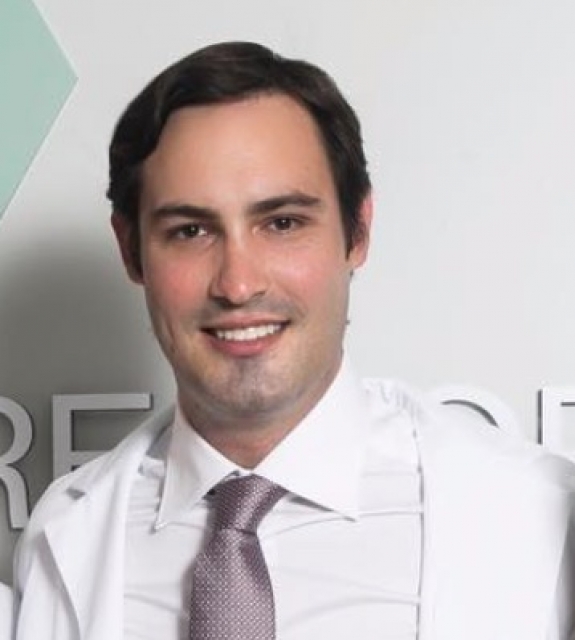Breast augmentation is one of the procedures Coral Gables, Florida plastic surgeon Dr. Daniel Careaga performs most often, and his last article explained the various breast augmentation decisions that need to be made in order to achieve the optimal outcomes. Here, Dr. Careaga answers the most common questions he hears from prospective patients.
Plastic surgery isn’t to be taken lightly, and it’s essential to ask a lot of questions in order to fully understand the procedure itself, as well as what to expect after surgery. There’s no such thing as a silly question during a surgical consultation, and these are the breast augmentation questions I am asked most frequently.
- How long is my recovery period?
The recovery from breast augmentation is faster than one may think. Most patients can be back to work in well under a week and back at the gym in two weeks.
- What are the arm limitations after surgery?
Patients need to limit big shoulder movements and heavy lifting for at least two weeks after breast augmentation surgery. Work that involves typing and writing is permitted immediately after surgery but lifting objects over your head should be avoided.
- How will my breasts look right after surgery?
For the first one to two weeks, your implants will appear high and “fake” looking—but this is temporary. The gentle pressure from the compression garment worn after breast augmentation surgery helps them descend and is necessary for creating natural-looking breast contours. This usually takes approximately two weeks.
- How long before I can bathe and wash my hair?
It is OK to shower five days after surgery. You can gently wash your hair, but it’s best to keep your head lowered to minimize shoulder movement.
- How long before I can exercise?
Patients can generally return to the gym after two weeks and begin low-impact cardio such as the elliptical, StairMaster, stationary bike and treadmill on an incline. Patients can resume their normal workout routine after four weeks.
- When can I wear a regular bra?
Many plastic surgeons recommend wearing a sports bra that provides firm support for two months. Any bra is usually acceptable after that.
- When can I go to the pool or the beach?
In most cases, patients are advised to avoid submerging the breasts in a pool or sea water for two weeks.
- What can I do to address the scars, if any, after my procedure?
I have my patients follow a very aggressive scar protocol, but this can vary from surgeon to surgeon. I generally keep the incisions covered with a special porous tape for four weeks. After that, I recommend a special silicone sheet that covers the incisions during the day and massaging the scars with liquid silicone at night. For lifts and reductions, I have my patients undergo laser treatments at one, three, six and 12 months after surgery.
- Do I need to change my implants out every ten years?
There is no strict rule about replacing any type of implant after a specific period of time, whether saline, silicone gel or gummy bear. If the implants are intact and the patient is pleased with their appearance, there is no need to replace them.
- How will I know if there is a rupture? What are the chances and what happens then?
If a saline implant ruptures, you will notice a reduction in the size of the breast. Silicone ruptures are more subtle and have to be visualized by radiologic studies to confirm. High resolution mammograms will usually detect implant failure, but MRI is still considered the best test. The rate of rupture of saline and silicone gel implants is one-percent per year. Gummy bear implants have a negligible rupture rate.
Many patients have concerns regarding the safety of silicone breast implants. They are the most-studied medical implantable device that exists. If a silicone implant fails, the silicone will stay within the capsule of scar tissue that the body creates around it until a surgeon replaces the implant. The silicone does not get absorbed by the body and does not cause any disease such as cancer, lupus or other auto-immune disorders.
For more information, visit Careaga Plastic Surgery's social media:





